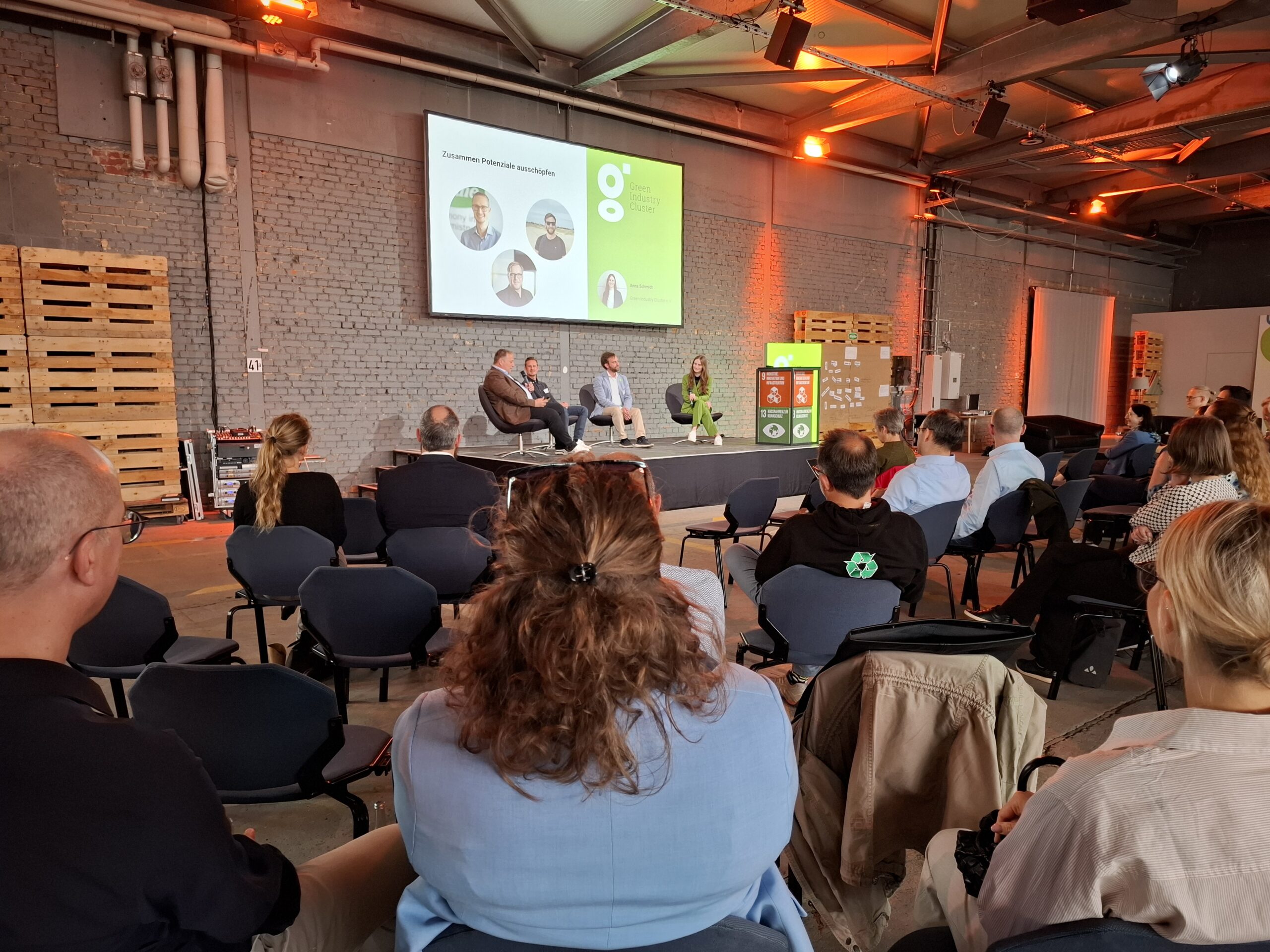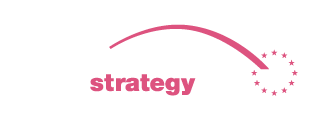The Bioeconomy Cluster Serbia cluster was founded in June 2022 by transforming the Agroindustry Cluster, which was formed in 2010. The main goal for which the Agroindustry Cluster was formed as a precursor organization is to encourage, improve and develop agricultural production and the food industry on the territory of the Republic of Serbia and especially the Autonomous Province of Vojvodina. The Regional Agency for the Development of Small and Medium Size Enterprises Alma Mons Ltd – Novi Sad, Serbia was one of the key and driving members of the founding of the BIOECONOMY Cluster.
Even though the Cluster has established itself with two major project participations in the last few years (BIO-ECOnomy Research Driven Innovation and GoDanuBIO), the Cluster is fighting barriers like a still lacking active participation of entrepreneurs, varying well-explained services from the R&D side, a lack of green public procurement and a lack of reliable regulation basics. Especially targeting the first of these issues is a clear connection to support for the competitiveness of enterprises, which is why the Bioeconomy Cluster Serbia was chosen as an EUSDR PA 8 Lighthouse.
All other information can be found in the presentation (click link below) or, in more detail, in the PA 8 Lighthouses Study Document.
Presentation: Bioeconomy Cluster Serbia

Under the framework of the EU Circular Cities & Regions Initiative (CCRI), Podravje in Slovenia was chosen in 2022 as one of the pilot regions of the framework. Within the project, a regional bioeconomy strategy for the region of Podravje based on regional data was prepared. In this region strongly shaped by agriculture; the base was to develop solutions based on available material sources/streams on scene in order to help stakeholders to deal with them and create new solutions that can involve even more stakeholders.
The project applied the previously prepared methodology by CCRI and implemented it successfully. Even though the lifecycle of this project came to an end already, a pilot application of cleaned wastewater is ongoing, and further project ideas stemming from the CCRI pilot region phase In preparation for future project applications, showing the longevity of the project results. Pilot regions on the local level can use and include SME contacts on a basic level, which is why the CCRI initiative, also considering its focus on the utilization of endogenous regional bioeconomy potentials, overall is a model that is replicable for many EUSDR regions in order to reach companies directly for these frameworks, which is why it is an example and an EUSDR PA 8 Lighthouse.
All other information can be found in the presentation (click link below) or, in more detail, in the PA 8 Lighthouses Study Document.
Presentation: CCRI Pilot Region Podravje

The Innovation Hub CCUBIO BW was established to position Baden-Württemberg as a leader in biotechnological CO₂ recycling. Its mission was to support the implementation of innovative technologies in industry, aiming at the creation of new business cases and models using CO₂ as a resource through biotechnological approaches — including the use of microorganisms or enzymes to transform CO₂ into valuable products such as chemicals, materials, or proteins. These efforts contribute to a circular carbon economy and circular bioeconomy and reduce reliance on fossil carbon.
The project plays a key role in implementing Baden-Württemberg’s Strategy for a Sustainable Bioeconomy and advancing the vision of a circular bioeconomy, recognizing the region’s strong industrial base and excellent research landscape as key enablers of climate-oriented transformation. Through networking, stakeholder engagement, and practical tools, the project strengthened collaboration between science, industry, and policy. It significantly increased awareness, supported the initiation of research projects, and helped SMEs and start-ups by connecting them with industry partners to explore and develop new business models. Even after the official end of the project, its activities continue, as the network is growing and biotechnological CO₂ recycling is gaining further relevance in the industrial and political landscape. This strongly replicable approach is the reason for CCUBIO BW being chosen as an EUSDR PA 8 Lighthouse.
All other information can be found in the presentation (click link below) or, in more detail, in the PA 8 Lighthouses Study Document.
Presentation: Innovation Hub CCUBIO BW
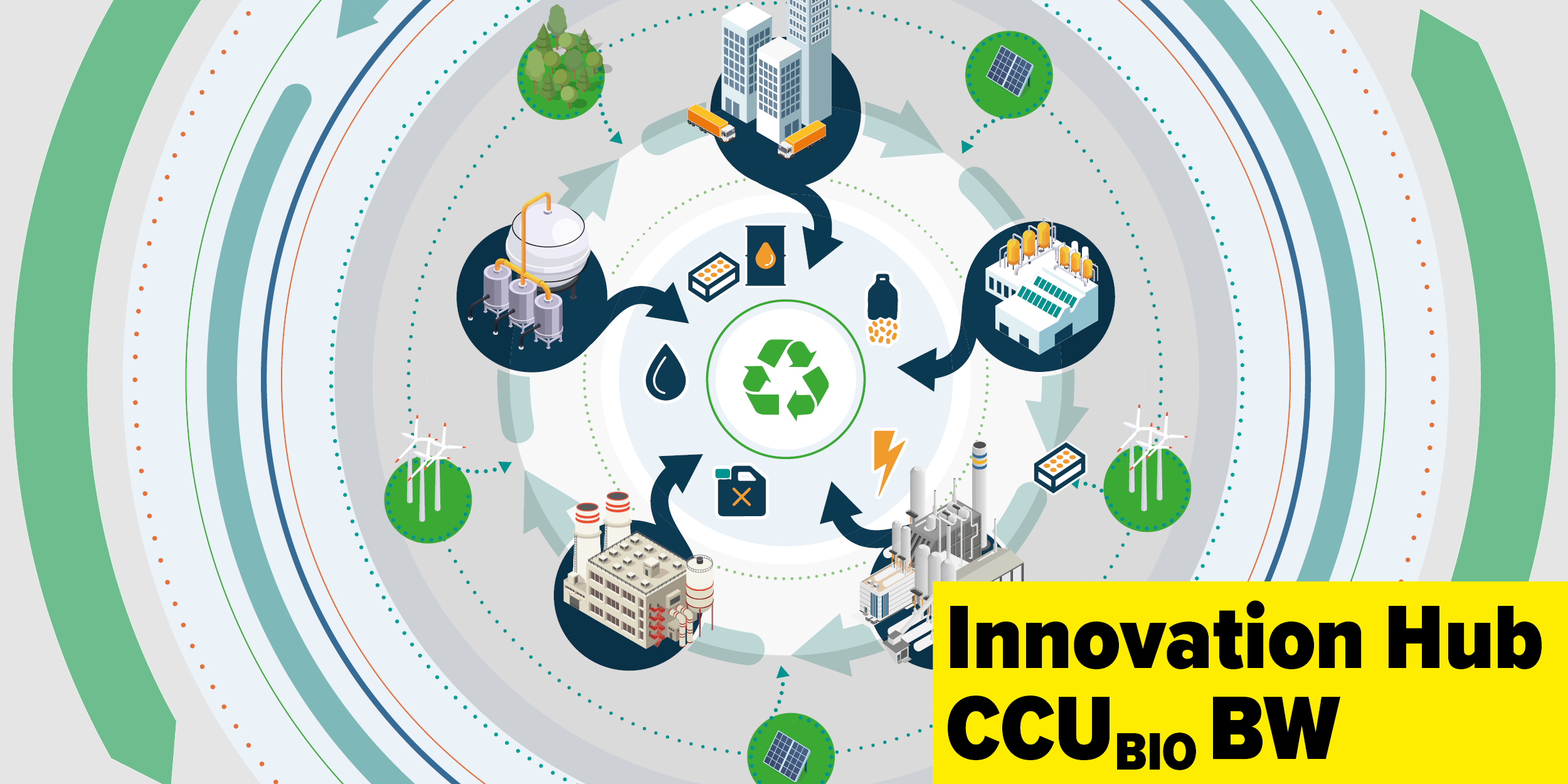
CEE2ACT is a Horizon Europe project coordinated by GENARDO in Hungary and has project partners from many countries of the Danube Region and beyond: Bulgaria, Croatia, Czech Republic, Greece, Hungary, Poland, Romania, Serbia, Slovakia and Slovenia. Its aim is to develop circular bioeconomy strategies and action plans through innovative governance models. Concretely, Danube Region countries are supported in developing their national bioeconomy strategies and action plans through establishment on national bioeconomy hubs and knowledge transfer from experienced countries.
Comprehensive impact is expected in the long term and well after project termination when the previously defined strategies will be adopted and implemented. The project is rooted in a bottom-up participatory approach and aims at building sustainable structures in the form hubs that trigger the strategic embeddedness of bioeconomy in CEE countries that are lagging with regard to their bioeconomy development. This structure of course comes with a high potential for replication and is, by beneficial adaption access, in the interest of the competitiveness of enterprises in the Danube Region, which is why it has been chosen as an EUSDR PA 8 Lighthouse.
All other information can be found in the presentation (click link below) or, in more detail, in the PA 8 Lighthouses Study Document.
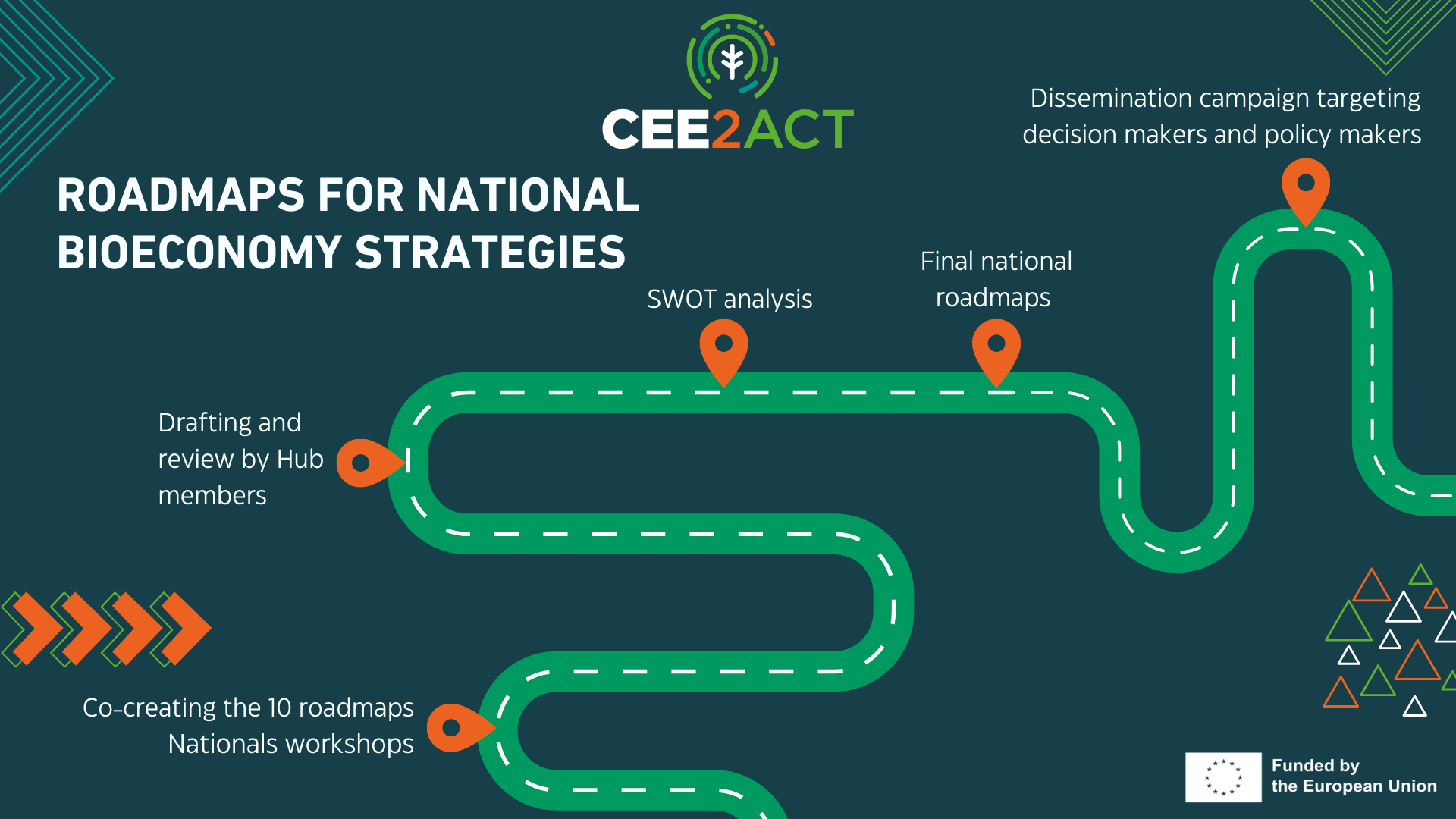
The general objective of the GreenUp Hub project is to build capacities for green innovation and set the ground for the development of a Greentech ecosystem in Serbia. Main activities so far include the Greentech scoping analysis which assessed the Greentech ecosystem using the Technology Innovation System and Technology Readiness Level frameworks. It showed that the ecosystem, in Serbia at this point in time, was at the early stage of maturity, with fragmented coordination, limited commercialization pathways and underused research capacity.
Following up on that, the Green Up Hub came up with a multi-factor strategy based on the lacks and barriers it identified, consisting mainly of a Greentech accelerator with open innovation challenges, a digital platform for research-industry collaboration and a Greentech marketplace, a Greentech investment fund, the development of green industrial policy as well as a general Greentech Balkan alliance. The targeted capacity building that Green Up Hub will tackle based on this analysis will directly target the competitiveness of enterprises in the Danube Region, as the project will attempt to target founders/potential founders with the knowledge and skills necessary for commercializing their technologies and developing self-sustainable businesses – this is the reason why Green Up Hub functions as an EUSDR PA 8 Lighthouse.
All other information can be found in the presentation (click link below) or, in more detail, in the PA 8 Lighthouses Study Document.

Neo-Eco Ukraine is a company specializing in circular economy and sustainable construction. It transforms construction and industrial waste into low-carbon materials for Ukraine’s recovery. The mission of the company is to promote sustainable development through eco-friendly practices and community engagement. It contributes to Ukraine’s economic and environmental sustainability by creating jobs and supporting local communities. Neo-Eco Ukraine has 17 years of experience in the circular economy and eco-materials and is leading a range of sustainable reconstruction and community regeneration projects across Ukraine.
Among them is the signature project VALOBLAST, which is a circular economy project focused on valorizing fluvial and marine sediments from the Odesa region for use in sustainable construction and post-war reconstruction. The innovative aspect of VALOBLAST lies in its transformation of contaminated or underused sediments into certified eco-construction materials, combining advanced material formulation with circular economy principles. Its scalable nature comes from the replicable, step-by-step methodology which can be applied in other port or river regions. The sustainable impact is achieved by reducing dependence on virgin raw materials, lowering CO₂ emissions, and fostering local green value chains, making the model both environmentally and economically viable for long-term adoption. All of these factors combined are strongly in the interest in Ukraine’s recovery and also future collaboration prospects with the rest of the Danube Region, which is why Neo-Eco Ukraine, especially with the VALOBLAST project, has been chosen as an EUSDR PA 8 Lighthouse.
All other information can be found in the presentation (click link below) or, in more detail, in the PA 8 Lighthouses Study Document.
Presentation: Neo-Eco Ukraine and VALOBLAST

This new initiative that is being implemented in the Republic of Moldova and in Ukraine aims to accelerate the transition toward a circular and resource-efficient textile and apparel industry in the Eastern Partnership (EaP) countries. Implemented under the RECONOMY Program, it combines policy advocacy, capacity-building, and digital tools. The core outcome is a multilingual e-learning course that equips businesses, educators, and young professionals with practical knowledge on circular business models, eco-design, EPR regulation, and sustainability reporting.
It is the first of its kind in the region to integrate digital education, policy alignment, and practical business transformation in the textile and apparel sector. These resource-intensive sectors and the enterprises operating within it are in particular demand of seeing new perspectives and therefore having circular business models encouraged that are in line with EU green and digital transformation priorities. The barrier-free, new information circulation approach that is being implemented by the RECONOMY program is a valuable answer to this situation, which is why the project was identified as an EUSDR PA 8 Lighthouse.
All other information can be found in the presentation (click link below) or, in more detail, in the PA 8 Lighthouses Study Document.

The Slovenian Center for Circular Economy is being set up by the Chamber of Commerce and Industry of Slovenia. Its goal is to promote sustainable development and efficient resource use through the implementation of circular business models, waste reduction, and fostering innovation in production and consumption. The project includes the development of a holistic virtual platform with a wide range of services and tools for networking key actors from the research sphere, economy, and civil sector, the implementation of educational programs, training, and workshops, and consulting for all stakeholders, including small and medium-sized enterprises (SMEs), local communities, and public administration, as well as various public groups.
Additionally, the Circular Economy Center will establish virtual and physical entry points across Slovenia, providing stakeholders with access to relevant information and services for transitioning to a circular economy. The center will partner with policymakers and the ministry to accelerate the green transformation in Slovenia. Easy access to support is key for increasing the competitiveness of enterprises in the Danube Region while actually using the transition to a more circular economy in this future-proof interest, which is why this project was chosen as an EUSDR PA 8 Lighthouse.
All other information can be found in the presentation (click link below) or, in more detail, in the PA 8 Lighthouses Study Document.
Presentation: Slovenian Center for Circular Economy
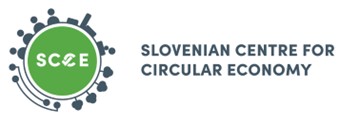
ToBeReaL aims to promote and support the development of bioeconomy projects across Europe, with a particular focus on underdeveloped regions (thus, focusing strongly on many Danube region countries). Its goal is to overcome obstacles and create flagship projects that represent innovative and sustainable biological solutions. ToBeReaL is set to provide specialised assistance to bioeconomy projects in four key areas: Technical, Business & Financial, Regulatory & Legal, and social innovation.
Funded by Horizon Europe, the project is running until 2029 and includes a number of project partners, two of which are from the EUSDR Danube Region (Slovenia and Slovakia). Main activities include the identification of future needs, barriers and enablers in the sector, the support to bioeconomy projects by addressing the readiness levels that hamper their feasibility and scalability, to attract bioeconomy stakeholders via a community platform, targeted webinars and more, and to foster the long-term growth of projects by actively ensuring their progression towards flagship status. This wholesome approach increases the visibility of the potentials of bioeconomy applications which is in the direct interest of future competitiveness of enterprises in the Danube Region – therefore, ToBeReaL was chosen as an EUSDR PA 8 Lighthouse.
All other information can be found in the presentation (click link below) or, in more detail, in the PA 8 Lighthouses Study Document.
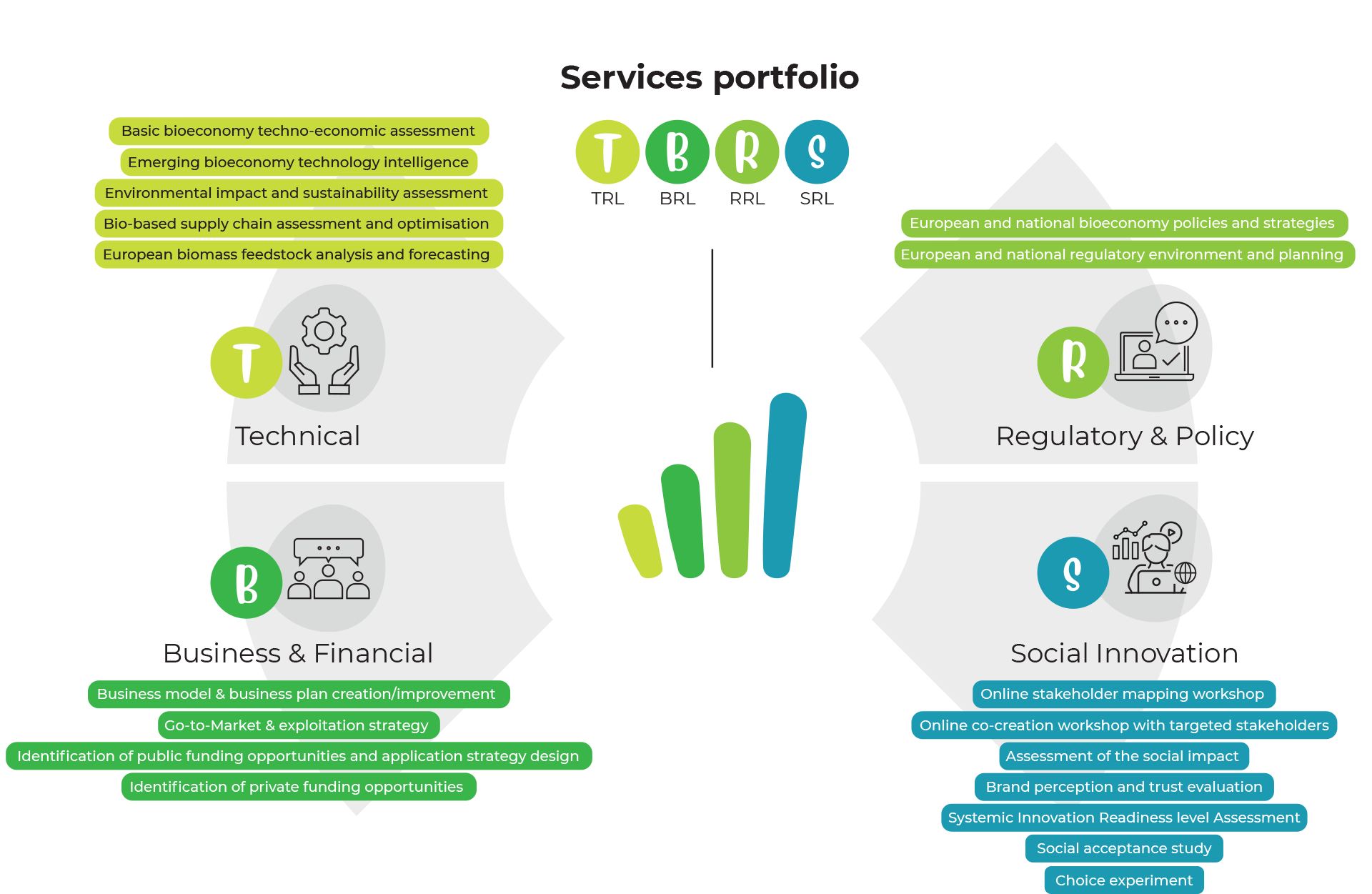
The GreenTech BW Platform is a network and support framework of the state of Baden-Württemberg (implemented by its state agency Umwelttechnik BW) which is directed at the GreenTech Industry as a whole in the region: It is a platform for future-proof technologies and a sustainable economy bundling expertise. Its partnership and network include not only enterprises, but also start-ups, research institutions, ministries, associations and many more multipliers. GreenTech BW aims to strategically strengthen communication and public relations for the entire GreenTech sector in Baden-Württemberg.
For the competitiveness of enterprises, the GreenTech BW Platform provides a powerful tool and offer: Companies can access walk-in/regional support and connecting options of all kinds if they are interested in supplying or demanding certain Greentech productions, or if they simply want to expand their green technology profile – already 400 tech suppliers and users are currently part of the network. This wholesome approach and high visibility for a concrete offer to enterprises is the reason for GreenTech BW Platform being chosen as an EUSDR PA 8 Lighthouse.
All other information can be found in the presentation (click link below) or, in more detail, in the PA 8 Lighthouses Study Document.
Presentation: GreenTech BW Platform
